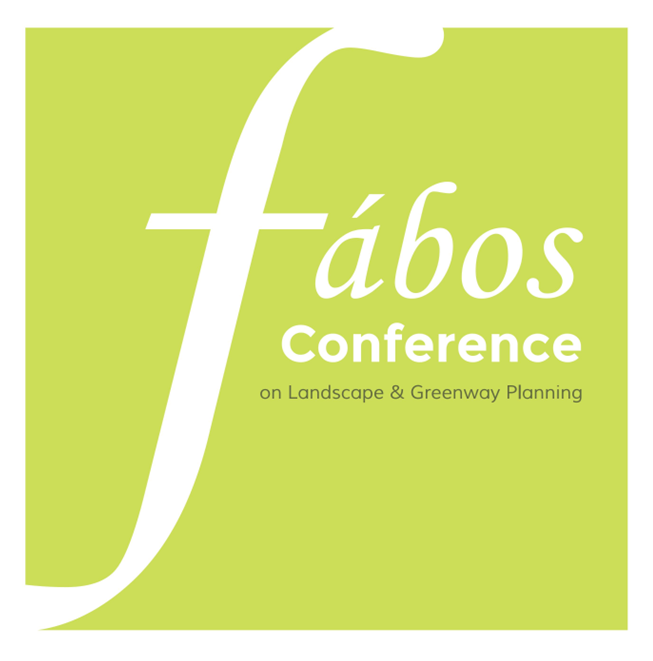Open space system as an armature for urban expansion: evaluation of landscape ecological spatial concepts as a model for improving resilience in urban systems
- Homero Marconi Penteado (University of Oregon, Department of Landscape Architecture, Landscape Architecture PhD Program)
Abstract
Urbanization alters several attributes of natural resources, degrading ecosystems and causing them to lose their ability to maintain their structure and function. As a result, native ecosystems in territories subject to urban expansion lose qualities important to their self-organization and may, in certain cases, disappear altogether. Actions that protect or strengthen the resilience of these native ecosystems in the face of urban development may offer increased capacity for these native ecosystems to survive and endure.
Landscape ecology aims to understand the relationship between spatial patterns and ecological processes across scales (Wu, 2008) considering the interaction with human activities (Naveh & Lieberman, 1984). A landscape is a kilometers-wide area (Forman & Godron, 1981), comprising a heterogeneous area where ecosystems are repeated in similar form and interact (Forman, 1995b; Forman & Godron, 1986; Forman & Godron, 1981).
Wu argues that a landscape ecological perspective is more comprehensive than other approaches for a number of reasons: consideration of operational scales (watershed or metropolitan area); hierarchical and integrative ecological basis; trans and interdisciplinary approaches to study nature-society interactions; theories and methods for studying relationships between spatial pattern and biophysical and socioeconomic processes; methods and metrics to asses sustainability; and “theoretical and methodological tools for dealing with scaling and uncertainty issues” (Wu, 2008).
My concern is primarily with how the spatial arrangement of urban land use and land cover influences the survival of ecosystems as cities expand. I propose to address one over-arching question, with two sub-questions within it. The overarching question is:
Does applying landscape ecological spatial concepts in the design of urban open space systems have an effect on resilience of ecosystems as they experience urbanization?
Urban open space system is defined here as the network of areas in a city that provide habitat for native wildlife and the connections among them; comprised of riparian forests, patches of native vegetation, and woodlots. As urban places, these areas also offer opportunities for people. They provide recreational opportunities and amenities; include parks, plazas, and streets.
There is a biophysically-related sub-question: What are the key biophysical processes that are important to address to minimize loss of native biodiversity in urban open spaces? There is also a culturally-related sub-question: What are the urban expansion policies and actions that, if applied to open space planning, will minimize loss of the patterns and processes necessary for native ecological processes to endure in the face of urbanization? This article is a first step to answer the second question. First, it presents a review of landscape ecological approaches as have been investigated and applied in landscape planning and an examination at how spatial solutions have been proposed for landscape planning. Second, a case study is chosen; a review of state of Oregon’s and Portland Metro’s approach to managing urban expansion.
The study area is an urban reserve in the Portland Metro region created through application of Oregon Senate Bill 1011, which determines that Metro Portland and Clackamas, Multnomah, and Washington counties define together “which lands outside the current urban growth boundary are best suited to accommodate urban development over the next 40 to 50 years and which lands should be off limits to development in order to protect their values as farms, forests and natural areas during that same period” (Metro) (Figure 4 and Figure 5).
Keywords: greenways, resilience, urban, expansion, models, ecological, spatial, portland, oregon
How to Cite:
Penteado, H. M., (2010) “Open space system as an armature for urban expansion: evaluation of landscape ecological spatial concepts as a model for improving resilience in urban systems”, Fábos Conference on Landscape and Greenway Planning 3(1). doi: https://doi.org/10.7275/fabos.908
Downloads:
Download PDF
358 Views
107 Downloads
